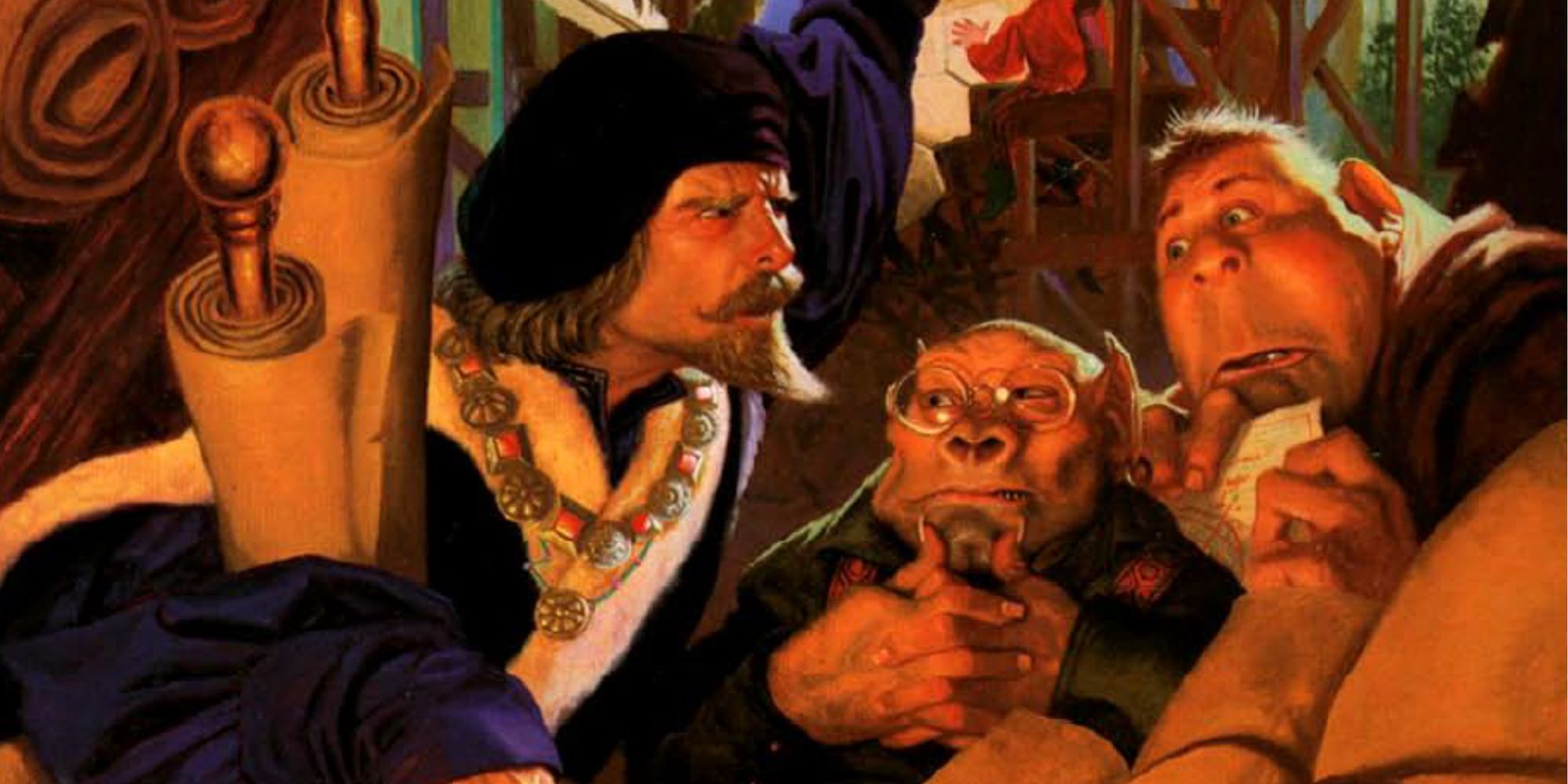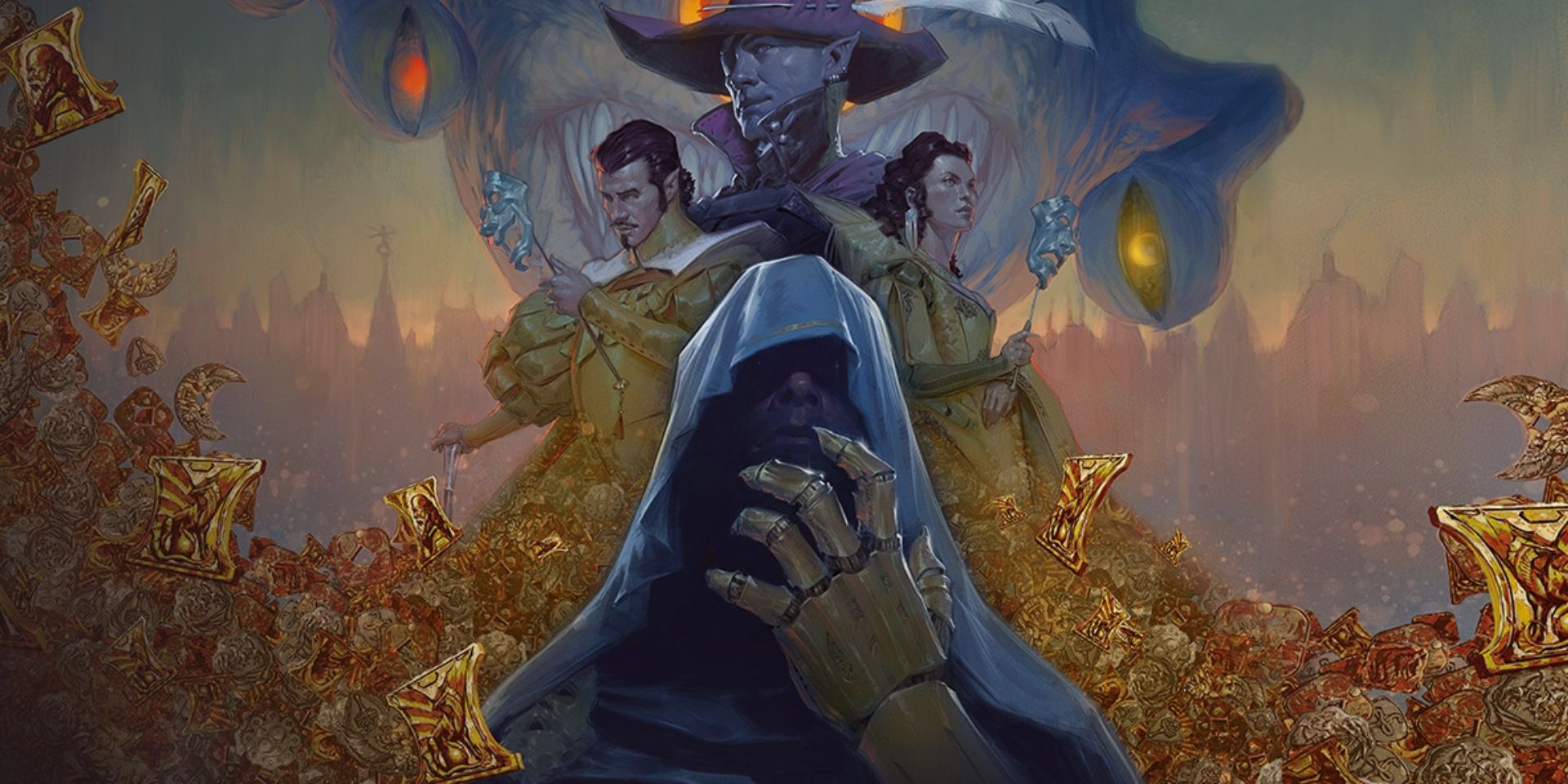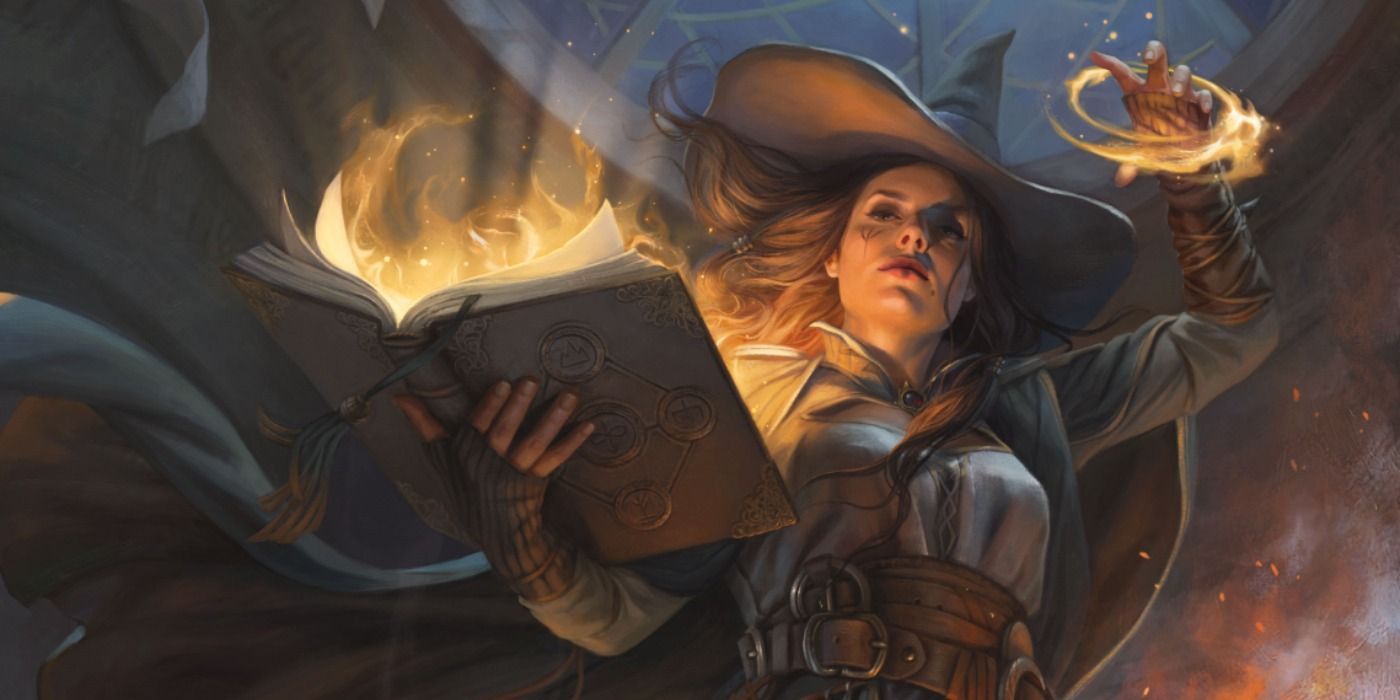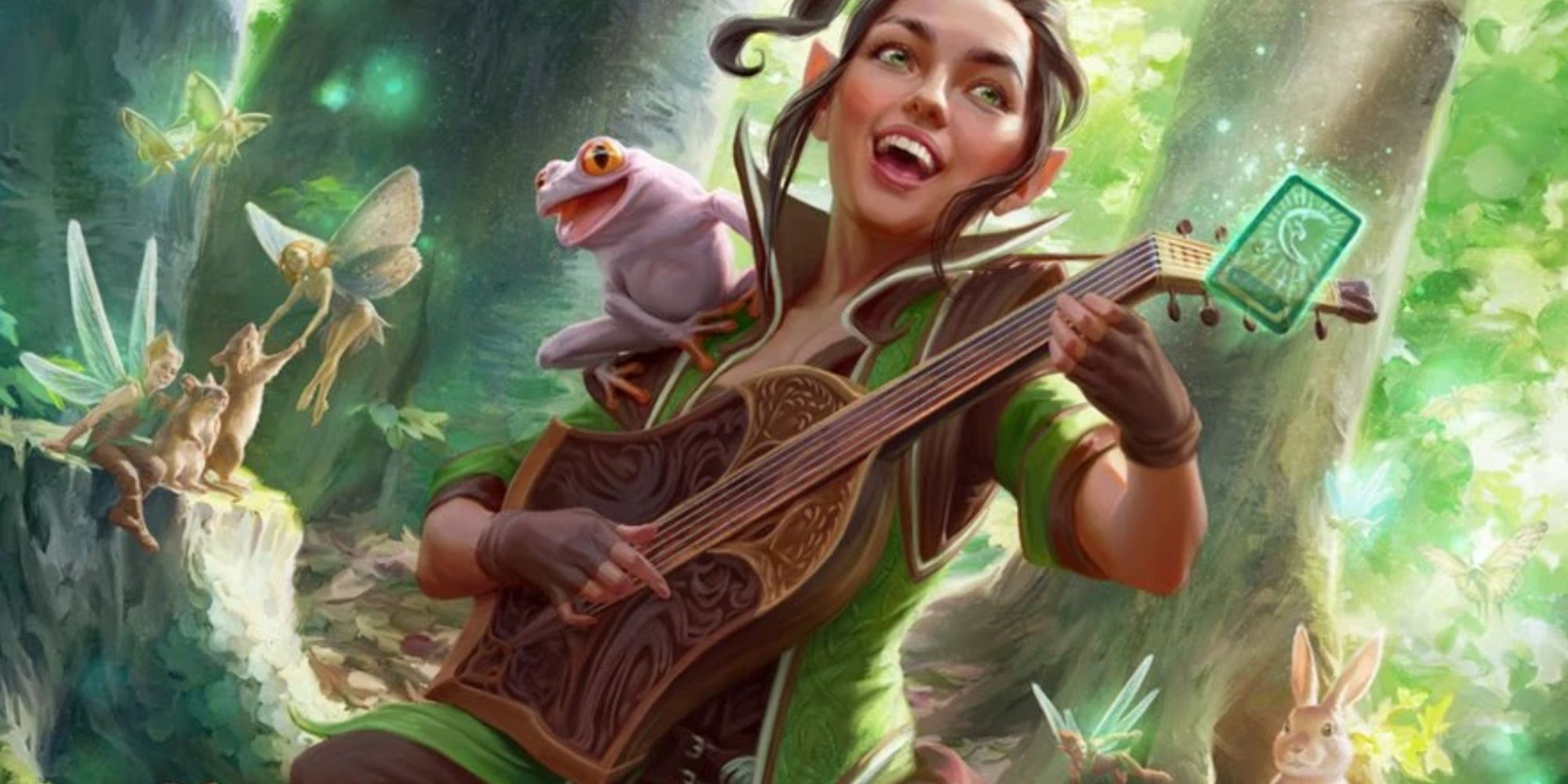The first Unearthed Arcana article released as part of One D&D's digital toolset for Dungeons & Dragons has featured a lot of changes for some of the most basic elements of the game. These have included changing how the playable races work, giving everyone a Feat at level one and overhauling the Background system. One D&D has also changed how languages work, giving the player more flexibility when selecting the languages their character speaks.
In the D&D multiverse, there is a language called Common, which is a language spoken by almost everyone. The demihuman races possess their own languages, such as Elvish, while creatures that reside on different planes also have unique languages, such as Abyssal for demons and Primordial for elementals. It's common for adventurers to speak multiple languages, but there are ways to use magic to communicate with other beings, such as by using the tongues spell from D&D's Divination school of magic.
A player character's choice of language might seem like an unimportant choice on the surface, but it comes up more often than new players might expect. A group with a wide spread of languages has a better chance of communicating with strangers and possibly avoiding a conflict, as well as being able to understand messages that might contain important information. The first of a new batch of Unearthed Arcana articles is available on D&D Beyond and it contains a new take on the language rules that appeared in the D&D 5e Player's Handbook.
How Player Character Languages Work In D&D 5e
In the current version of the D&D 5e rules in the Player's Handbook, the player chooses the languages for their character during creation, with languages broken into two categories: Standard and Exotic. All characters get the Common language for free (unless a player wants to be super annoying and fights to not know it), and they get additional options from other aspects of their character. The character's race can provide additional languages, with dwarves getting Dwarvish, elves getting Elvish, halflings getting Halfling, dragonborn can speak Draconic, gnomes can speak Gnomish, half-orcs can speak Orcish, tieflings can speak Infernal, and humans can choose any additional language that isn't exclusive to a character class. The D&D race in the Player's Handbook with the most language options is the half-elf, who receive Common, Elvish, and one additional language of their choice.
A character's choice of class can also provide additional languages, with druids and rogues receiving exclusive access to Druidic and Thieves' Cant respectively. The main way players can tailor their character's choice of language is by selecting a specific Background, as the Acolyte and Sage provide two bonus languages, while the Hermit, Noble, Outlander, and Guild Artisan provide one bonus language. A character who takes the Linguist Feat can also gain three additional languages of their choice.
The Player's Handbook doesn't provide rules for learning additional languages, outside of the player taking the Linguist Feat. This is likely because learning a new language takes a long time, and most D&D campaigns don't last for very long in universe. If the campaign takes place over a long period of time, then the DM could rule that a character can learn an extra language, assuming they have a willing tutor and time to learn. It would depend on the circumstances of the campaign and it's something that rarely comes up, so most players tend to discuss what languages they're selecting during character creation, to ensure that as many bases are covered as possible from the start.
How Tasha's Cauldon Of Everything Changed Languages In D&D 5e
Tasha's Cauldron of Everything is best known for completely changing how D&D's playable race stat bonuses work, switching from set bonuses, to a floating bonus system. This was part of a series of changes to character creation that have been treated as standard in all books released since and they're meant to represent the fact that adventurers are exceptional people, and may have lived an extraordinary life before they started their journey. In terms of languages, this means the player could ignore the two languages (or three, in the case of the half-elf) and select from a set list. This included Common, which meant it was easier for players to create a character who didn't speak the most common language in each setting. Tasha's Cauldron of Everything also introduced custom Lineages, where players were given a blank slate, which included taking Common and one other language of the player's choice.
How One D&D Changes Languages In D&D 5e
In the "Character Options" Unearthed Arcana article released for One D&D, the language rules were changed. The new rules have separated language from the playable race options entirely and have tied them to Backgrounds. The language options are broken into two categories: Standard and Rare, with the former containing languages like Common and Elvish, and the latter containing languages like Druidic and Infernal. In "Character Options", a character gets three languages: Common, a choice from the Standard language list, and a language provided by their Background, which can be from either list. None of the One D&D Feats introduced in "Character Options" provide additional languages.
The language list has also been changed. The Standard list now has Common Sign Language listed, which is a concept that does exist in D&D lore, with the drow elves in the Legend of Drizzt series having created their own form of sign language, so that they could silently communicate in the Underdark. The Rare language list now includes Druidic and Thieves' Cant, which means that they're no longer class-specific. The script used for the written versions of the languages is absent from "Character Options", though this is something that could be included in a future update.
One D&D has overhauled Backgrounds as part of continuing on from concepts introduced in Tasha's Cauldron of Everything, with the player having more freedom to choose their character's languages than before. It makes sense to include sign language as a choice, as well as make Thieves' Cant open to everyone, as someone with the Criminal Background surely has as much of a chance to learn the language as a member of the rogue class. "Character Options" has had some contentious changes among the fans, but these language rules make a lot of sense, and it wouldn't be surprising to see them included as-is in the upcoming iteration of Dungeons & Dragons.
Source: D&D Beyond




